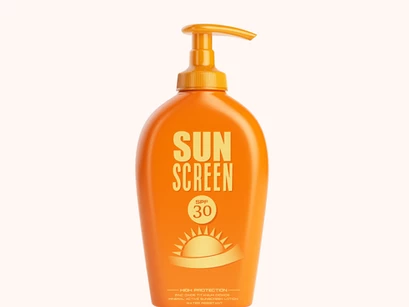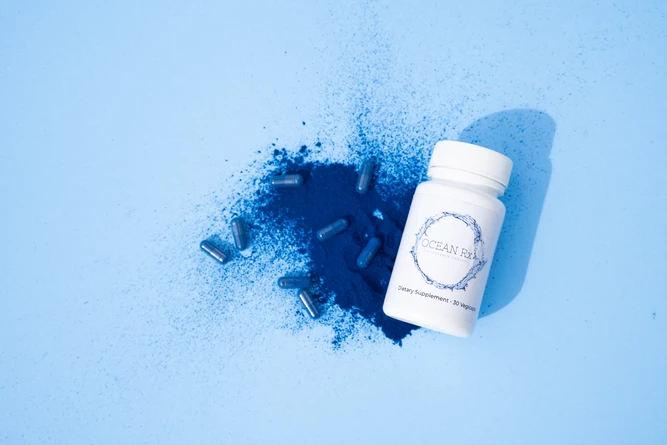Updated: Sep 18, 2020
By Tracee Blackburn, PA-C
Face masks have become more and more popular nowadays. Unfortunately, we are wearing daily facemasks because of the current health crisis that we are witnessing right before our eyes. We have to protect our airways so that we can stay healthy and strong. Wearing these medical/surgical masks and ventilator masks can take a toll on our skin. The compression and friction alone can wreak real havoc on the skin along with trapping bacteria, oil production, and sweat. After coming home from a long day on the frontlines and from being outside, it is recommended to wash the skin thoroughly with a good cleanser, moisturize daily, but once a week, make sure you give your skin a little TLC with a different type of facial mask. We’ve talked about the face masks that protect you, so now let’s talk about the face masks that keep your skin glowing.
There are so many on the market, how do you know which one is the best for you? There are Sheet masks, Clay masks, Cream masks, Peel-off masks, Gel masks, Charcoal masks, Sleep masks, Oh MY! Where does one start?
If you have oil-prone skin, opt for a clay/mud mask (these may include charcoal and other detoxifying agents). If your skin is more dry or sensitive, opt for a cream or gel mask. Peel-off masks are great for helping to remove blackheads and clogged pores.
Sheet masks, which were made popular by K-Beauty (hailing from Korea) are excellent for infusing various ingredients while incorporating hydration. I had the pleasure of visiting Seoul, Korea last year, and it was beyond amazing. I was just there for a layover, but I was encouraged to go and explore. I took the bus from the airport to the “Face-Mask” district. It was like walking through a High-Class beauty farmers market, but for facial sheet masks. They were infused with Collagen, Snail Mucin, Vitamin C, and even Gold. There were full sheet masks, masks that go under the chin, and of course, the under-eye masks. Some masks said “white snail,” which were recommended to lighten the skin with skin brighteners. Some masks said “black snail,” which focused more on hydration. I was sheet faced with all the options!
Here are my tips five tips on choosing a face mask:
1)Know Your Skin Type
If you have dry and sensitive skin, maybe the oh- so popular clay or mud mask is not for you. If you have oily and congested skin, perhaps the cream mask won’t be enough. If you have combination skin, maybe a targeted mask may be the best for you. A targeted mask is when you can apply the product to the affected area, like the nose and chin area.
2) Read the Ingredients
Ingredients are so essential. Although we would love to use completely all-natural products, not all products are created equal. The biggest misconception is the essential oils. There are a lot of oils that may cause congestion and clogged pores, like trendy coconut oil. So if you have acne-prone skin, my recommendation would be to try to avoid comedogenic products.
3) Try it
It is ok to experiment. If you don’t try it, you’ll never know if you’ll like it. You remember the phrase, “Don’t knock It until you try it?” However, listen to your skin. If it causes an adverse reaction or concern, you may have to move on to the next product and call your Dermatology office right away!
4) Give it Time
If the product does not irritate your skin, then try to stick with the same product for at least a month. It’s recommended to use a face mask once a week to help to reset the skin. The skin cycles on an average of 28 days. So if you’re looking for results, a month is an excellent time to see if the product has performed up to your expectations and that you may see a difference (Take before and after photos if you are serious and committed to the process).
5) DIY
If you can’t find something on the market that fits your needs, then try a do-it-yourself mask. The ingredients are usually fresh, without preservatives, and are more cost-effective.
Finally, after removing the facial mask that you chose, apply a moisturizer immediately afterward. There you have it, and now you are ready to protect your health, without forgetting to protect your skin.
Diva Tip: The more you know, the more you glow! #facemask#facemaskselfie
Tracee Blackburn (formally Douse-Dean) is a Dermatology Physician Assistant practicing in Chicago since 2005. Tracee likes to focus her attention on patient education, as she believes it is a vital part of every patient’s recovery. Make sure you follow her on IG @projectskinx and @traceeblackburn????



